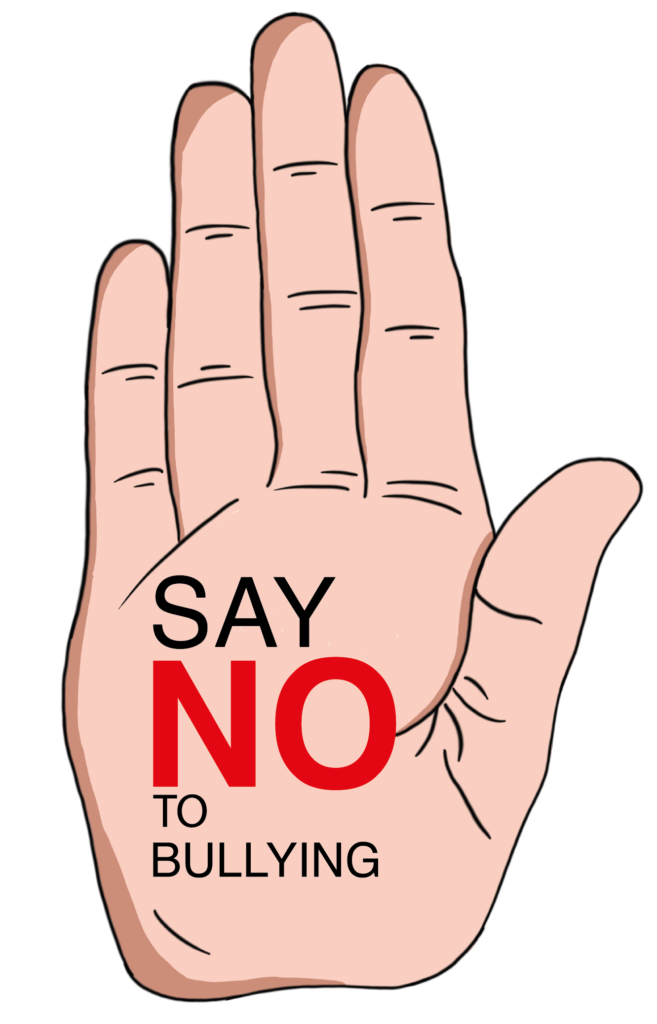All forms of bullying is considered to be extremely offensive and should not be tolerated. Whether it is an adult or a child, it can affect them emotionally, physically and mentally. Bullying can occur in schools, workplaces, online/public spaces, or at home. It is a repetitive behaviour and is intended to harm a individual or a group of people. If you’re experiencing bullying, cyber-bullying, or harassment. This article will help you to prevent further and future bullying. As well as, talking to someone about your issues.
What Is Bullying?
Bullying is defined as causing pain and discomfort towards someone. Also, it is a negative, unacceptable or a insulting type of behaviour that has a wrong intention of humiliating or physically injure an individual. Anyone can be a target for bulling. This can be due to their age, race, religion, gender, disabilities, and many other things.
There are different types of bullying. Including: cyber-bullying and verbal, physical, and mental abuse. It can have a negative impact on a person’s emotional and physical well-being. It might also cause them to have stress, or in some serious situations, self-harm, suicide, or death.

Educate Children On Bullying
As it’s said by law, every school must take action to prevent bullying and staff members, students and parents should be aware of what the policy is. A school should be a positive environment for all children to attend and to be friendly to one another. Bullying is a challenging topic, and schools should be ready to offer support and advice when bulling occurs.
People who have experienced bullying are able to offer advice and support to those in need. Whether it has happened to them or another individual, they will talk about it. Also, there is guidance on how to receive help on how to courageously stand up to bullying.
Children should be confident to open up to a trusted adult, if they are experiencing or witness bullying. Adults play an important role in offering support, guidance and comfort to children that have experienced bullying. Children need to be encourage to report the incident.
Give children pointers on how to prevent bullying. Like, show kindness or a funny side, and just simply say ‘stop’ directly. Enabling children to have the confidence to stand up and face bulling is an important part of life. If these actions don’t work, just walk away.
They should learn the procedure of staying safe, for instance staying close to adults or a group of children. Teaching children how to help other people by being friendly, will help to reduce cases of bullying.
You can educated children by providing short video content on the signs and effects of bulling, and by discussing it.
Children Needs Support
Children struggling with bullying need to talk to someone that they trust as soon as they can so that they can receive help. Give them support, help and guidance they need. Ask them ‘What has happened today?’ And ‘How does it affect you?’.
Reporting and blocking a user that is bullying you online is a good way to prevent further issues. But, if it happens repeatedly, talk to a trusted adult or report to the police to get guidance and solve the issue.
Contacting mental health specialist, if it has an impact on your mental health. By doing this you will be offered support and guidance.
If you’re self-harming or having suicidal thoughts, ask for an ambulance or the nearest A&E.



